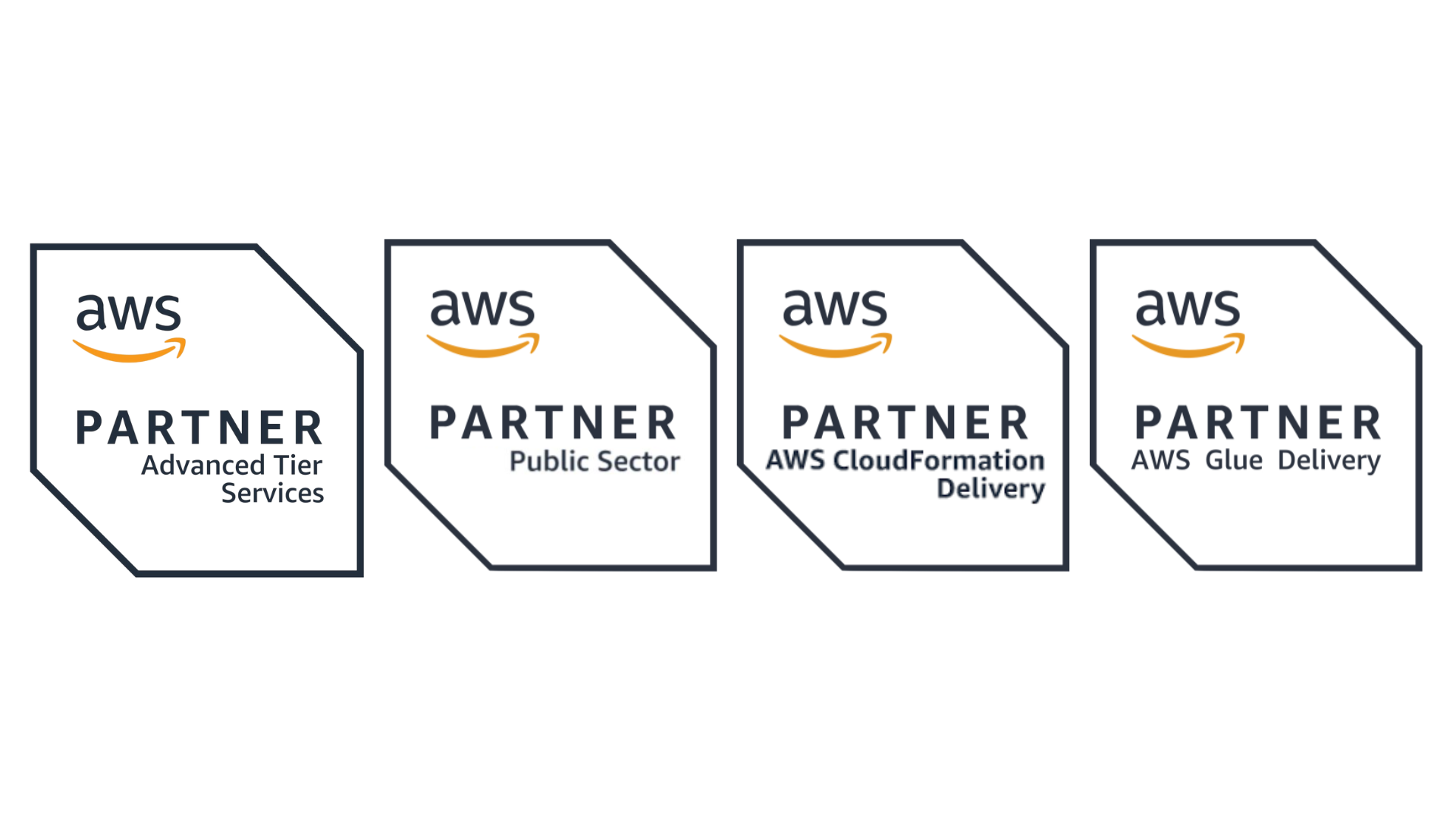Amazon Web Services (AWS) offers global cloud-based products including computing, storage, databases, analytics, networking, mobile devices, developer tools, IoT services, and security services.
This model allows for agile and effective migration of workloads to the cloud without upfront capital expenses and enables startups, small and medium-sized businesses, and public sector customers to respond quickly to changing business and market needs.
This new economy of speed is driving companies to increasingly look to data and analytics to guide growth strategies and adopt data-driven approaches. Data management practices are therefore becoming crucial, and the positive influence of methodologies such as Agile and DevOps can be leveraged to adopt the principles that form the basis of the DataOps approach, improving productivity, quality, and reliability of data platforms through collaboration and innovation among people.
The AWS cloud allows for the implementation of standard architectures, as well as more innovative architectural and organizational approaches such as the Data Mesh.
With our Advisory and Assessment services, you can create your migration path to the cloud and define your strategy for managing enterprise data assets.
With over 200 managed services, AWS infrastructure represents the ideal place to build cloud-native or hybrid solutions capable of acquiring, transforming, storing, and making potentially unlimited amounts of data accessible.
The main advantages offered by AWS Cloud are:
- Security: AWS services allow you to manage infrastructure and data securely through advanced encryption capabilities in transit and at rest, key encryption management, and automatic creation and renewal of certificates.
- Availability: Thanks to its extensive and advanced network infrastructure, AWS allows you to build secure and highly reliable solutions. Each region is completely isolated and consists of multiple availability zones.
- Performance: AWS’s global infrastructure is designed to support high performance, offering low latency, minimal packet loss, and high network quality. All thanks to a complete 100 GbE fiber network that often offers many terabits of capacity between regions.
- Scalability: AWS’s global infrastructure allows businesses to be extremely flexible and take advantage of virtually infinite cloud scalability.
- Flexibility: AWS cloud offers the flexibility to choose when and where to run your workloads without upfront costs.
- Global Presence: AWS has the largest global infrastructure, and its services continue to grow at an incredibly fast pace. It currently operates in over 30 regions and 96 availability zones.

































